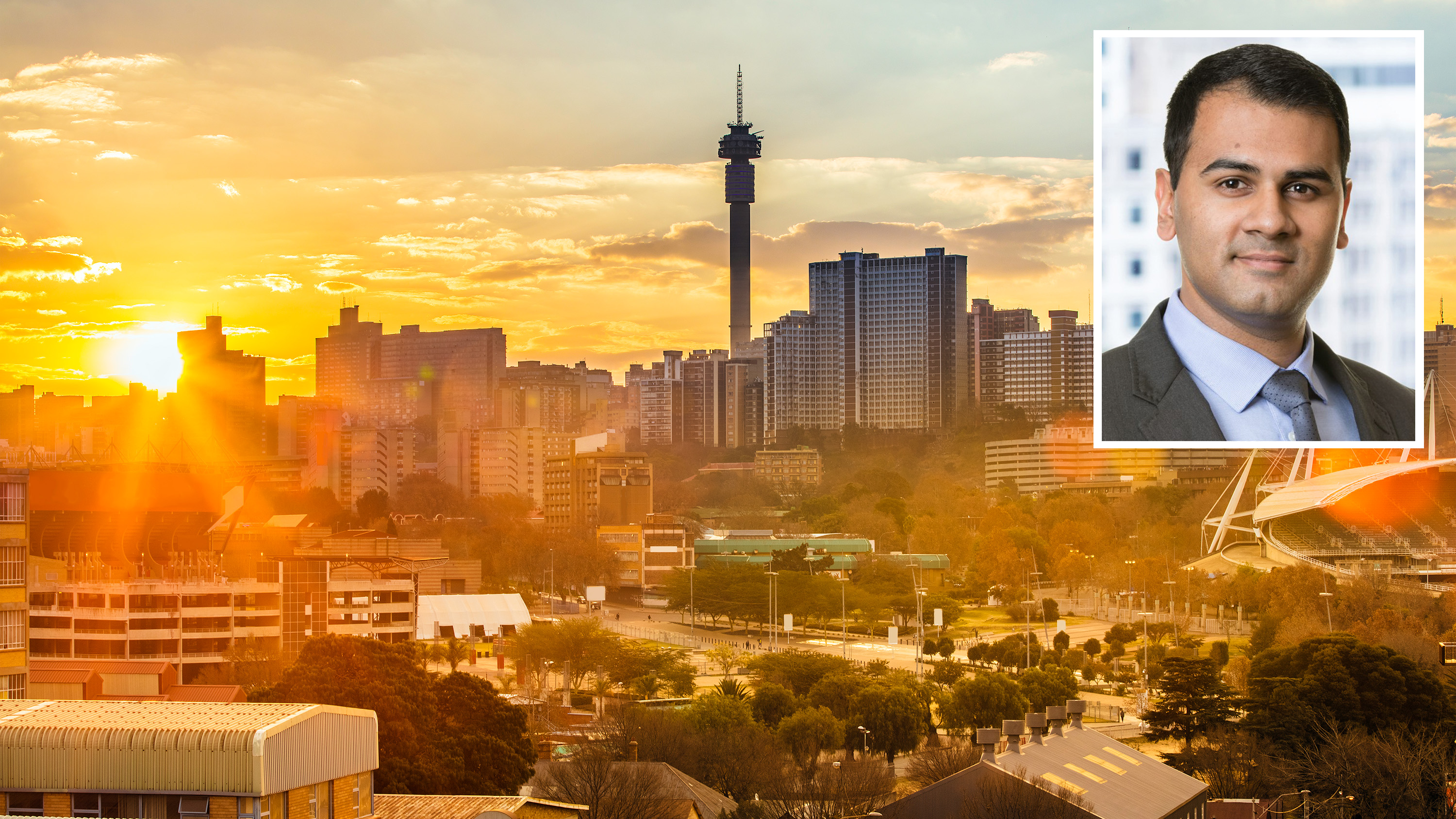
Background image: Getty Images
Regulators are trying to keep pace with the fast-evolving fintech sector as the Rapid Payments Programme nears launch, writes Ashlin Perumall of Baker McKenzie.
South Africa is one of Africa’s fastest-growing fintech hotbeds, and several recent regulatory developments are being discussed as the country’s fintech industry becomes more mainstream. As one of the few African countries with a relatively large banked population and boasting some of the highest numbers on the continent for mobile phone penetration (mostly smartphones), South Africa presents the ideal environment for fintech start-ups and ventures to take root.
South Africa also benefits from a robust financial services and banking industry, but one that has been slow in adopting new technologies and modernising legacy banking tech. This has led to many opportunities for fintech use cases, such as those in open banking. These services operate on top of current bank infrastructure but provide more nimble payment channels.
Regulatory developments
The booming fintech environment has not gone unnoticed by local regulators. The primary financial industry policy-makers have taken a coordinated approach to fintech regulation by creating the Intergovernmental Fintech Working Group (IFWG), a consortium of the country’s financial regulators. This consortium includes the South African Reserve Bank (SARB), which also houses the prudential authority and monetary systems regulator, the Financial Sector Conduct Authority, as well as the Financial Intelligence Centre and the country's National Credit Regulator. This group has engaged in public-private participatory discussions and has published position papers to settle on the policies to advise the drafting of regulations.
Much of the focus of the IFWG has been on the regulation of crypto assets, as well as anti-money laundering (AML) and South African exchange control. South Africa has not yet issued hard regulations in respect of crypto assets, but has published several guidance notes in respect of its regulatory approach.
The country’s regulators have also shown themselves to be supportive of a risk-based approach. For example, in August 2022, the SARB emphasised that financial institutions such as banks were allowed to deal with funds linked to digital assets following a surge of banking institutions indiscriminately blocking the accounts of their crypto asset clients. The SARB stated that “[r]isk assessment does not necessarily imply that institutions should seek to avoid risk entirely”.
South Africa is also readying itself for significant upcoming amendments to key laws relating to crypto assets, which include declaring crypto asset service providers as ‘accountable institutions’ in its AML regime, regarding crypto assets as financial products, triggering financial service provider licence requirements and possible amendments to the country’s exchange control regime to curb the export of capital in the form of crypto assets.
Vision 2025 and the Rapid Payments Programme
In the wider fintech arena, regulators have also focused on the payments regulatory environment given the size of this sub-segment. Payments incorporates the transfer of value through digital means, and remains the country’s top fintech sector, accounting for almost a third of the industry.
The regulatory framework underpinning the payments ecosystem has, however, been due for a significant overhaul for some time as part of the central bank's Vision 2025 programme. Vision 2025, commissioned in 2000, sets out the South African government's goals and strategies for the national payments industry, aimed at building a world-class national payment system that serves the economy and the people of South Africa as a public service.
the RPP would revolutionise the movement of money for merchants, small businesses and e-commerce players, as well as consumers
More recently, the SARB announced that it was working on a new Rapid Payments Programme (RPP) as part of Vision 2025. The RPP will enable real-time payments, using much simpler identifiers for payment instructions, such as mobile phone numbers or email addresses, and creating the potential for virtually instantaneous transfers.
This would revolutionise the movement of money for merchants, small businesses and e-commerce players, as well as consumers, given that bank-to-bank electronic funds transfers still require manual inputs of detailed information on bank accounts, such as branch codes, payee name and account details. As a result, more than half of payments are still cash based, whereas in the informal economy this figure shoots up to almost 90%, according to the 2020 Worldpay Global Payments Report.
To address this, the SARB has stated that the RPP will offer a cost-effective instant payment service across banks, a proxy service to embed user banking details, a request to pay service, as well as support for several known retail payment use cases. The SARB noted that it is working with several bank participants to build the technology solution that forms the backbone of the RPP. It is currently in the testing phase, with implementation planned for the second half of 2022.
These developments indicate a more progressive approach by policy-makers and regulators in important fintech sub-segments, and will hopefully lead to more dynamism and wider access to the country’s fintech products and investment opportunities, while keeping in step with the growing demands of international standards.
Ashlin Perumall is a partner at international law firm Baker McKenzie in Johannesburg.


